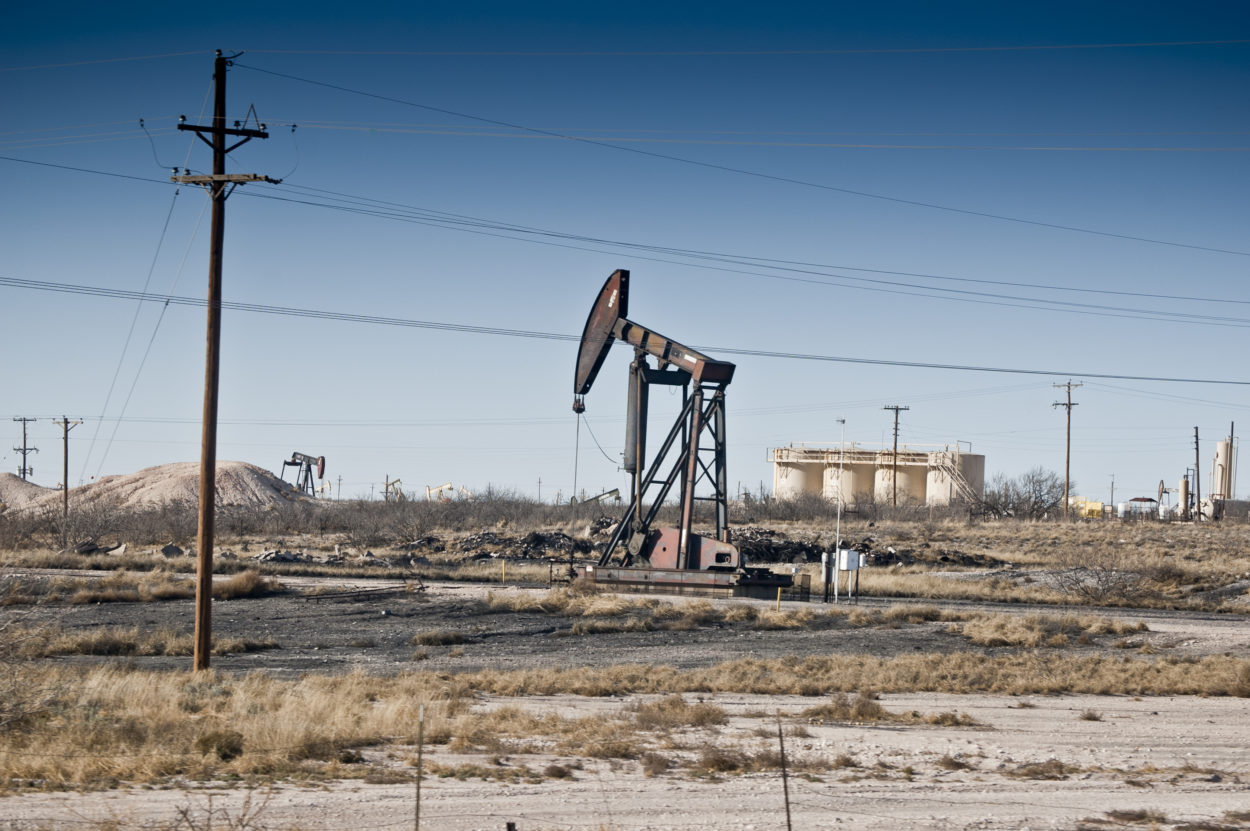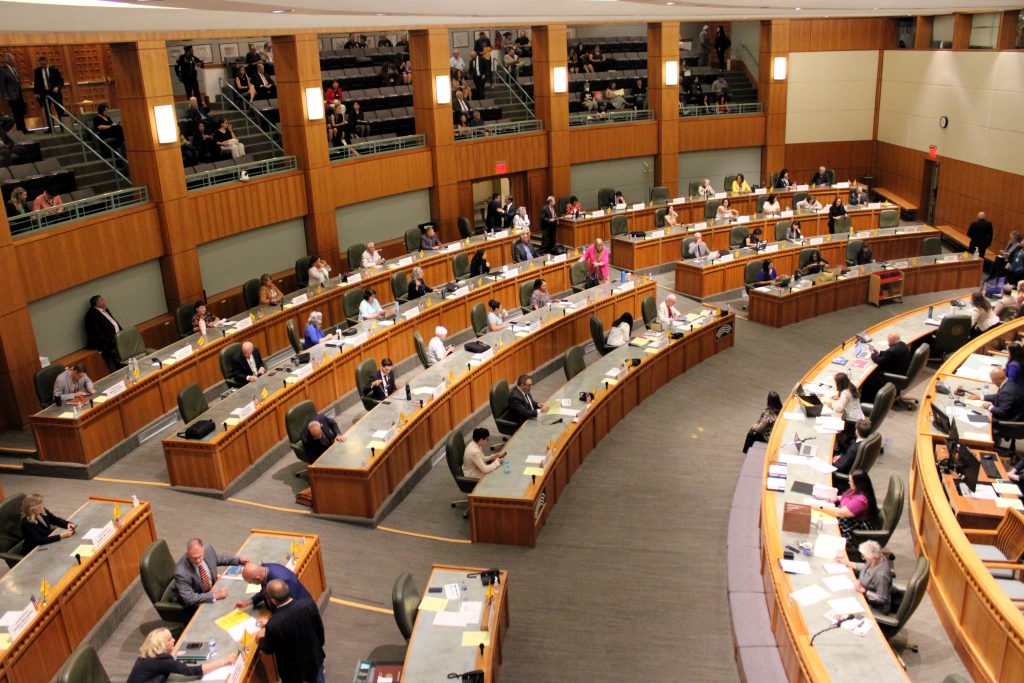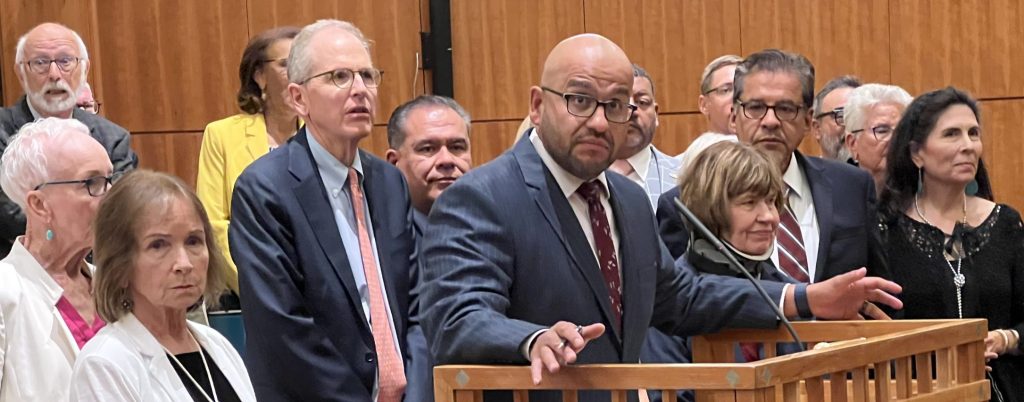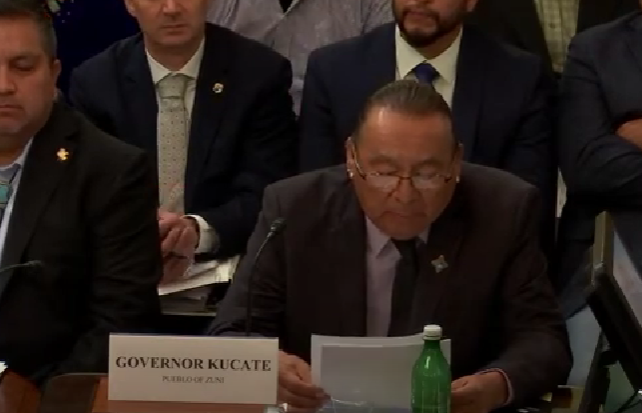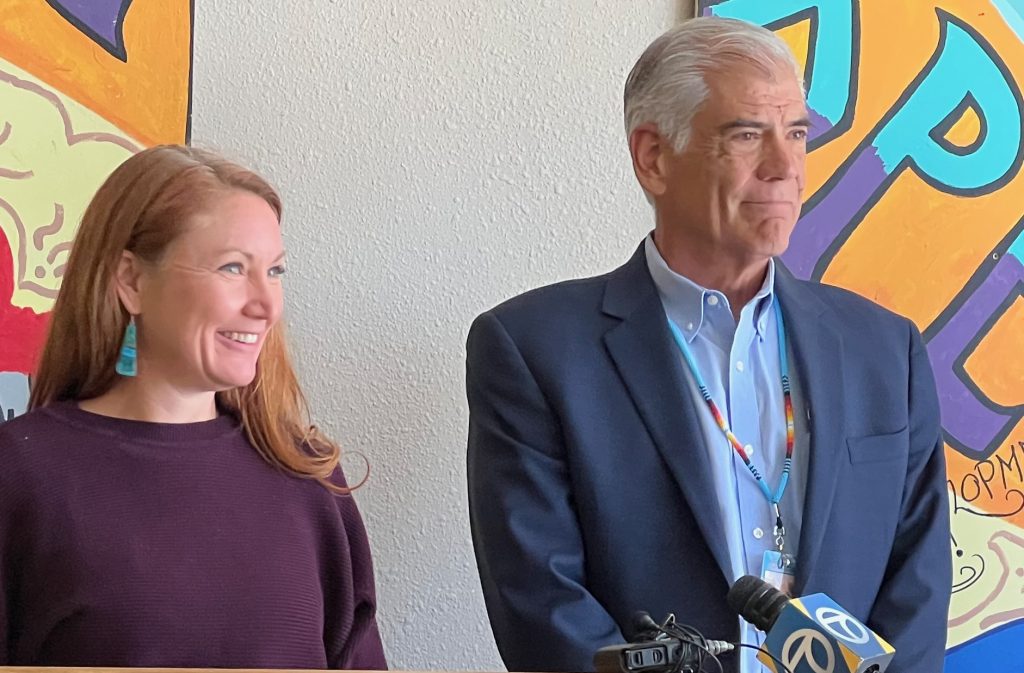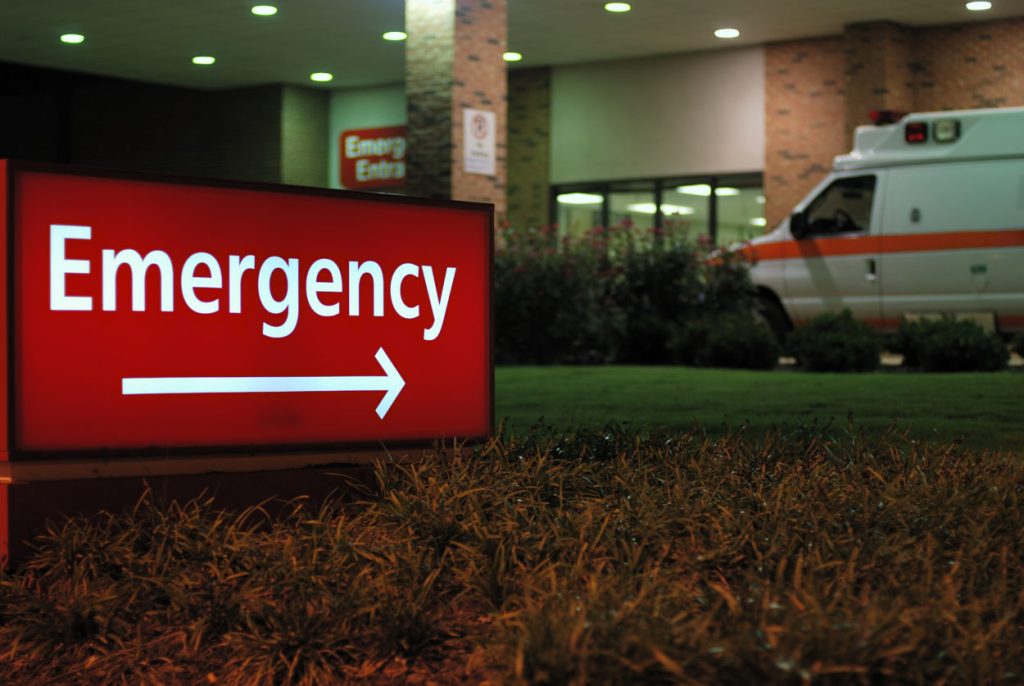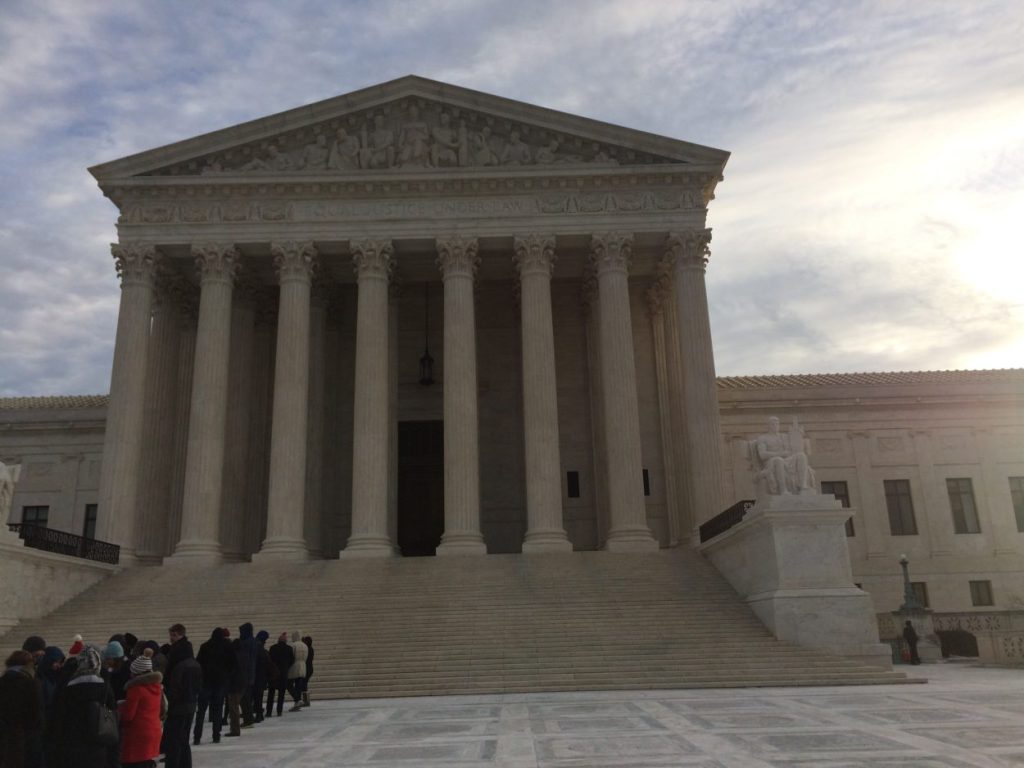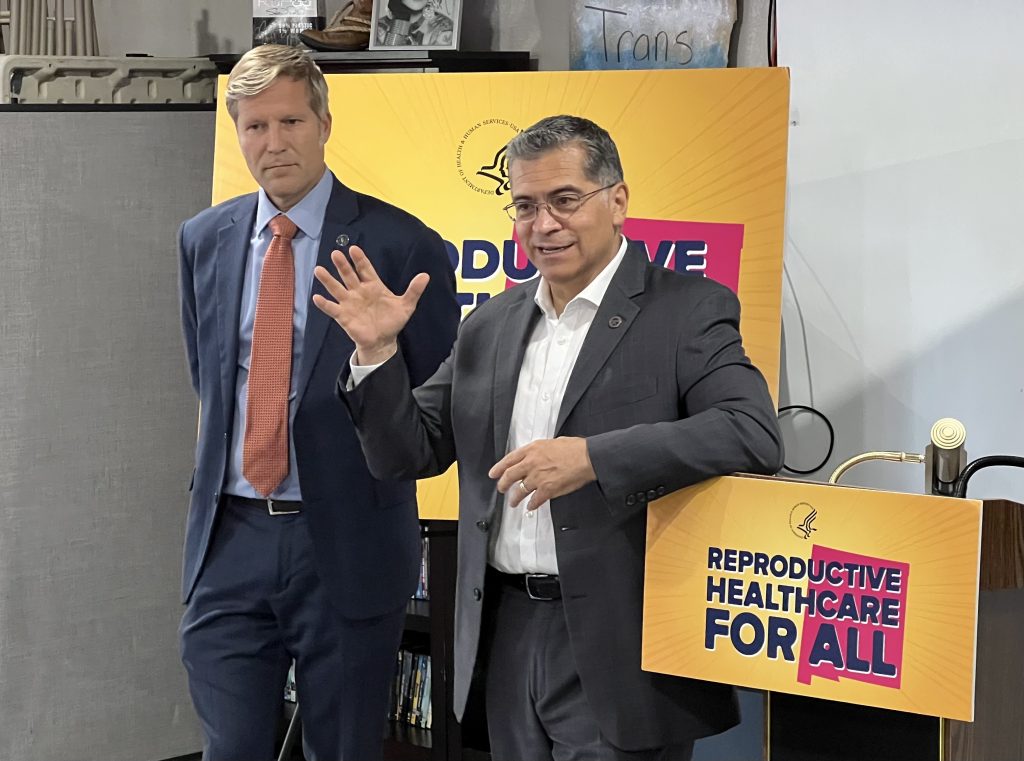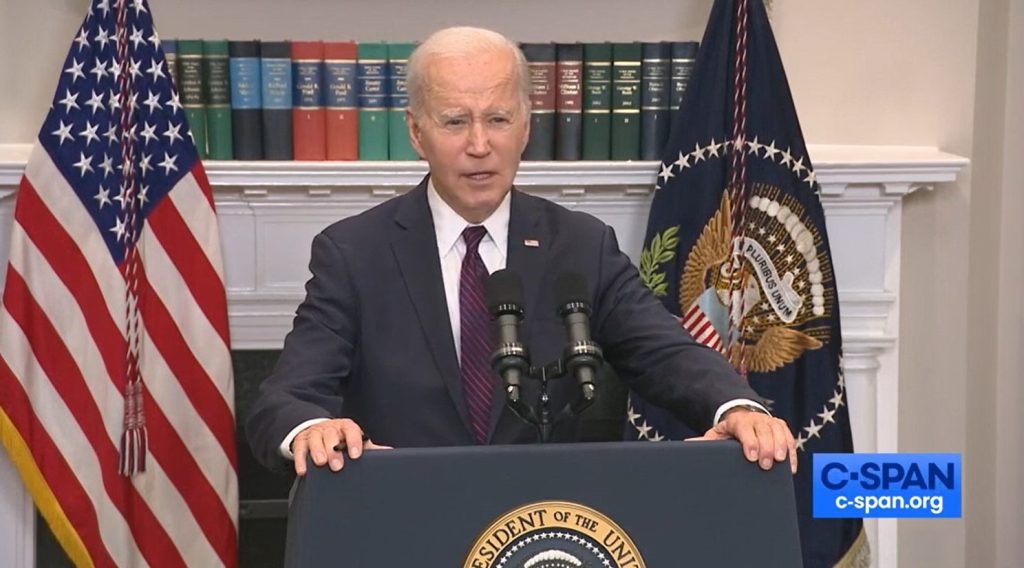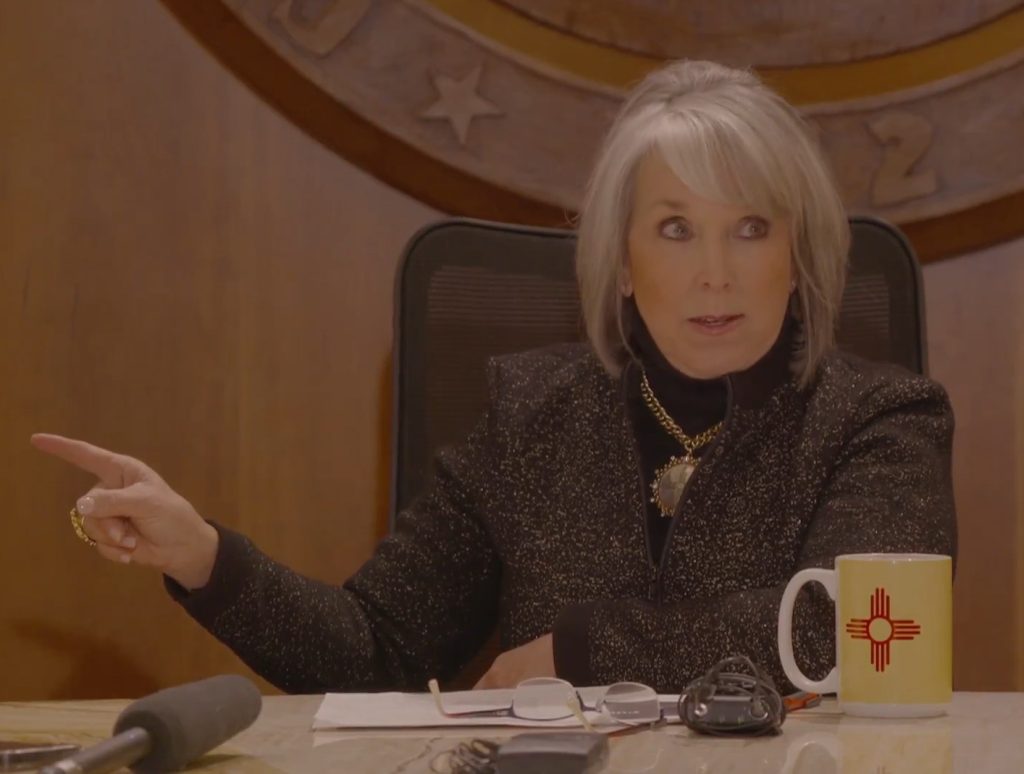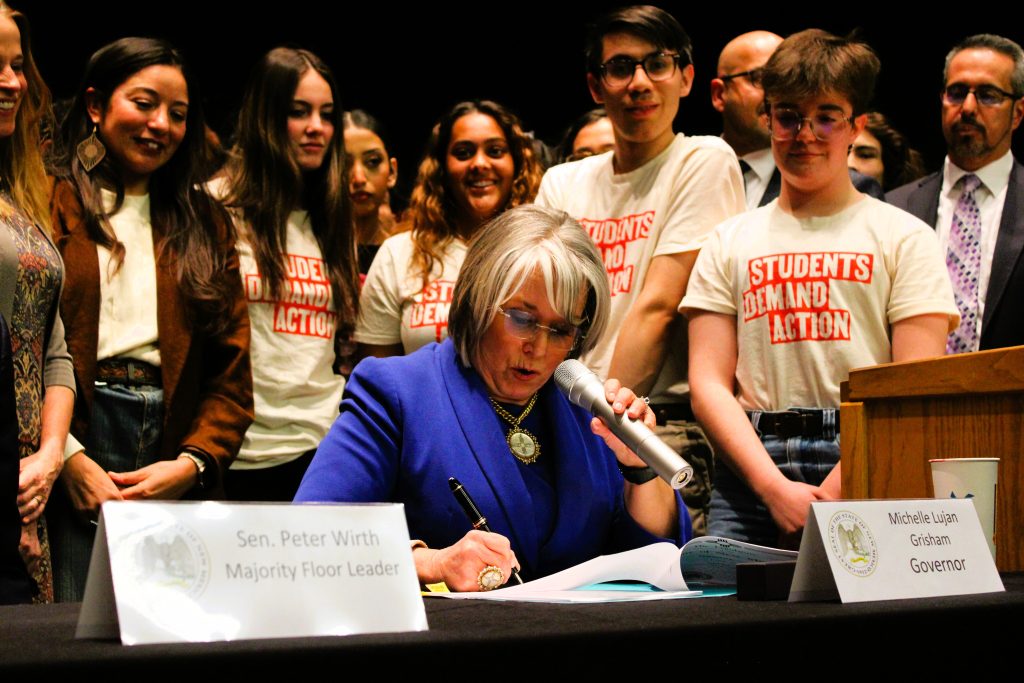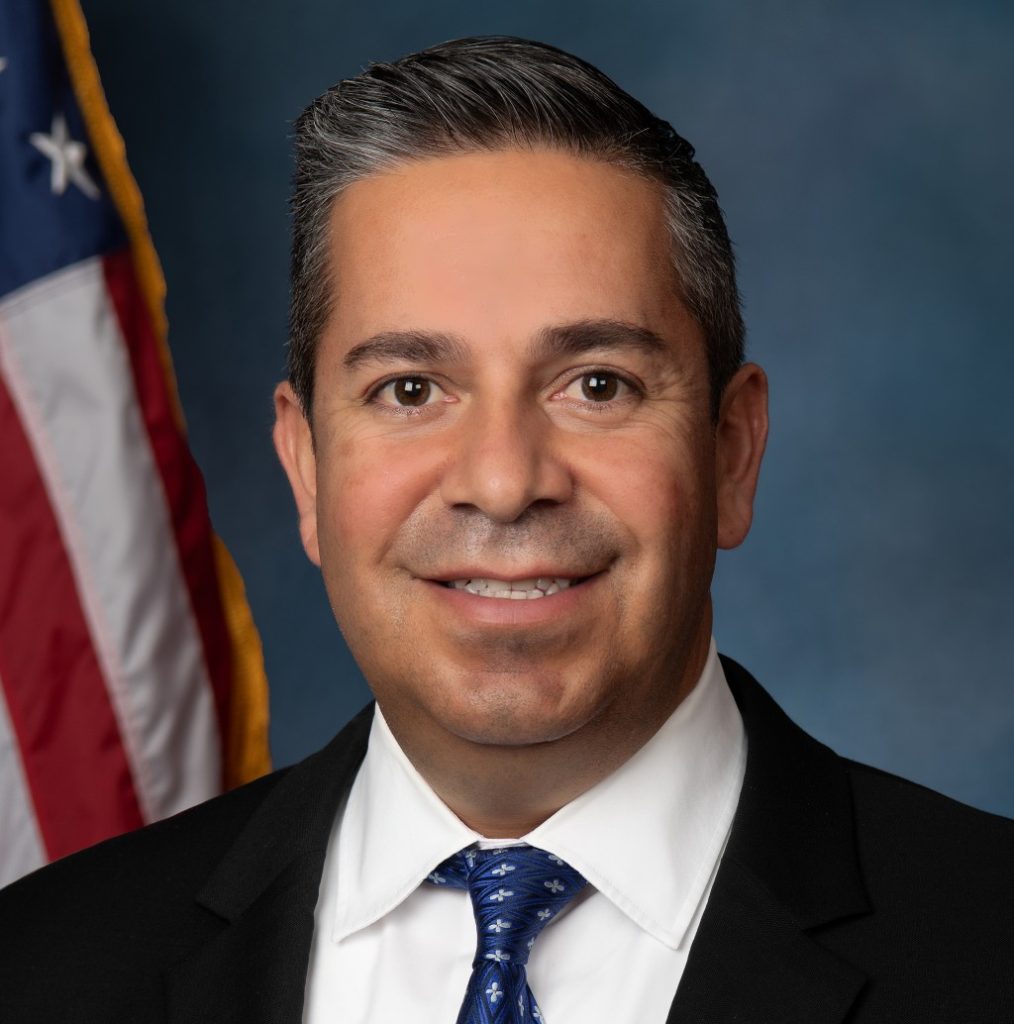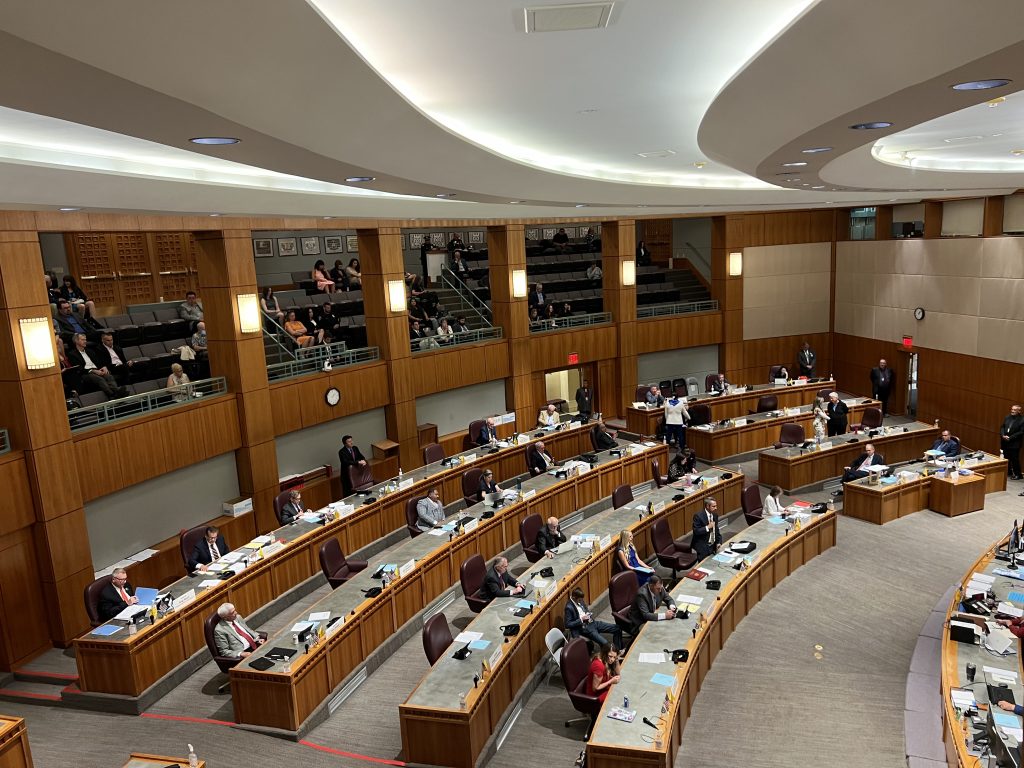Between May and September, a single lobbyist for Chevron doled out more than $760,000 in campaign cash to dozens of New Mexico state politicians, both Democrats and Republicans.
State Sen. George Muñoz (D-Gallup) calls it a waste of money. “I don’t think they get back anything,” says Muñoz. He and Democratic Speaker of the House Brian Egolf are two of the top three recipients of oil and gas money among state legislators. But, he says, “I don’t think it gets their message heard.”
That’s because he already knows how he and many other legislators will vote.
Muñoz’s district in northwestern New Mexico runs from the eastern edge of the Navajo Nation to the San Juan Basin, the smaller of the state’s two petroleum producing regions. He’s a conservative Democrat who recently voted for a solar power tax credit but against both an electric vehicle tax credit and authorization to allow the state to invest in renewable energy.
Muñoz, vice chair of the powerful Senate Finance Committee, received $5,000 from Chevron this year and more than $180,000 from oil and gas contributors since his first election in 2008.
As a representative for a perennially poor region of a perennially poor state, he says that he votes in favor of whatever jobs exist. In his district, there are coal mines, a coal-fired power plant and an oil refinery.
“You got your friend working in the coal mine making $60,000, $70,000 a year. You got your other friend working at the refinery making $100,000 a year,” he says. “You don’t vote against your friends and jobs you have.”
Politicians on both sides of the aisle deny that campaign contributions influence how they regulate the industry — though neither voters nor observers agree. But everyone does agree on a larger quandary: the state’s dependence on tax revenues from oil and gas companies, which far eclipse the size of any possible political donations.
“For a long time, the impact (of lobbyist dollars) was seen in the nonaction of the Legislature and what was not passed,” says Lucas Herndon of Progress Now New Mexico*, which tracks oil and gas spending in the Legislature. “They love coming to the table and saying that they’re a stakeholder, and we all know that they hold all the cards in reality because they have all the money.”
And even though that monetary influence could still “temper the policy-making of the Democratic side of the aisle,” he’s optimistic progressive change can happen. With oil and gas revenues dropping, state funding is in jeopardy. And as legislators chart a new path forward, their historical financial bet is one they may have to leave behind.
* * *
This year, Chevron’s money went to more than 60 candidates, mostly in $5,000 increments, with larger sums dropped to the New Mexico Senate Democratic and Republican Caucus committees, Egolf’s Speaker’s Fund and the House Republican Campaign committees. Chevron also donated heavily to New Mexico Strong, a Texas-based PAC that buys ads in New Mexico to promote oil and gas-friendly candidates.
Chevron isn’t the only group sprinkling money around the Roundhouse, but it certainly is the most generous. Its contributions made up roughly 40 percent of all donations to New Mexico politicians from May 5 through Oct. 5.
In fact, contributions from oil and gas companies totaled about half of all donations from lobbyists in state-level races during the same time period, according to a report by New Mexico Ethics Watch and Common Cause New Mexico.
Chevron is the second largest oil and gas producer in the United States. But in the second quarter of 2020, despite $16 billion in revenues, it recorded an $8.3 billion loss — more than the New Mexico state budget for all of 2019. And in October, Chevron laid off 700 workers in Texas.
It’s not just Chevron. Overall, the industry has lost about 107,000 jobs to the COVID-19 fueled recession. And 70 percent of those jobs may not return by the end of 2021, according to research by the global consulting firm Deloitte.
In the past month, Houston-based Occidental Petroleum, the largest producer in the Permian Basin, and two major international energy companies, BP and Total, all said the world might soon reach peak oil — if it hasn’t already.
Peak oil is the theoretical point at which world petroleum production has reached its maximum and slowly begins to decline.
Further, the majority of Texas oil and gas executives believe U.S. oil production has already peaked, according to a survey conducted by the Federal Reserve Bank of Dallas.
This should be sobering news to New Mexico’s legislators, since nearly 45 percent — more than $3.5 billion — of the state’s general fund came from oil and gas revenues in 2019, according to New Mexico’s Legislative Finance Committee.
That was a record high, buoyed by record production and sales. This year, with the coronavirus-triggered economic downturn, the state is still tying 40 percent of the budget to oil and gas revenues.
Only Alaska, North Dakota and Wyoming rely more heavily on oil and gas to fund state government.
With their legislative session coming up in January, New Mexico’s lawmakers are trying to fill a revenue crunch brought by COVID-19 and the follow-on drop in oil and gas revenues. And some — but not all — are looking to unhitch the state from the fossil fuel roller coaster.
In southeastern New Mexico, Republican state Sen. Gay Kernan represents a district covering a large chunk of the Permian Basin, which accounts for nearly 40 percent of oil production and 15 percent of natural gas production in the United States. She received $10,000 from Chevron this year and more than $69,000 from oil and gas groups since 2004. Like Muñoz, she voted against the electric vehicle tax credit and state investment in renewable energy.
“I’m going to support oil and gas regardless of any contributions they give me,” she says. “We have to keep that industry strong.”
That sentiment is shared by U.S. Rep. Xochitl Torres Small, a Democrat and water attorney who ran an extremely close race for re-election in the Permian Basin, which she eventually lost. She spent much of her campaign fending off attacks that she was out to shut down New Mexico’s oil and gas industry.
Minutes after former Vice President Joe Biden criticized the industry during the third presidential debate, Torres Small tapped two Tweets: “I disagree with VP Biden’s statement tonight. Energy is part of the backbone of New Mexico’s economy. We need to work together to promote responsible energy production and stop climate change, not demonize a single industry.” And, “I will continue to stand up to my party when they’re out of touch with the reality on the ground in #NM02.”
hese traditional ways of thinking are being challenged, however.
“We’ve just been so shackled by this oil and gas industry that it’s not allowed us to imagine something different,” says state Rep. Angelica Rubio (D-Doña Ana).
“There are legislators who take oil and gas money and don’t vote for oil and gas policies. That is true,” she says. But she adds that “just the act of taking oil and gas money is limiting our ability to really legislate proactively.”
“I just don’t feel like it can be a both/and,” she says.
New Mexicans seem to agree. In a study conducted of nearly 6,000 voters in the aftermath of the 2018 election, 70 percent said that New Mexico’s elected officials are more responsive to donors than to voters. In addition, “Half of (voters) believe that rich people buy elections all or most of the time,” according to the report by Dr. Lonna Rae Atkeson, professor and regent’s lecturer at the University of New Mexico’s political science department.
Rubio grew up in the Permian Basin. Almost her entire family works directly for the oil and gas industry or their livelihoods are tied to the industry. Sparking their interest in green jobs or tourism is a hard sell, she says. The jobs simply don’t pay as much.
She acknowledges that changing communities and lives won’t happen quickly. Yet, she’s one of the loudest voices calling for the state to break away from its dependence on oil and gas. To drive the point home, she does not accept donations from anyone associated with the industry.
The industry blames the pandemic for its current crisis, she says. But many people have been pointing out for a long time that the rate of drilling and meteoric increases in production have been a problem. “There’s just absolutely no way that it could be sustainable in the long term,” she says. The industry’s history is one of busts and booms. Oil and gas prices also tanked in 2016, for example, because of overproduction and a subsequent glut. Much of that glut was created by ramped up production in the Permian Basin.
“We as a state do have an abundance of natural resources,” Rubio says. “But what we lack is an abundance of ideas.”
* * *
There are plenty of reasons to diversify New Mexico’s economy away from oil and gas: to offer young people a broader selection of stable jobs; to blunt the fossil fuel industry boom/bust cycle on state finances and employment. There’s another big reason: to reduce the reliance on an industry that is making it increasingly difficult to live in the state.
New Mexico already suffers heavily from the impacts of climate change. The state is warming at twice the global rate. The fabled Rio Grande through Albuquerque is drying up, and already has dry stretches farther south. The wildfire season now lasts essentially all year.
All of these problems are accelerated by climate change, and that change is accelerated by what is drilled out of the ground in New Mexico.
“The oil and gas industry is the largest source of greenhouse gas emissions in New Mexico. And that is primarily in the form of methane that escapes from leaks and other problems at oil and gas wells in the San Juan and the Permian Basin,” says Jon Goldstein of the Environmental Defense Fund.
In fact, methane constituted 35 percent of New Mexico’s total greenhouse gas emissions in 2018, compared to 10 percent for the nation as a whole. Goldstein has tracked emissions and their environmental effects for years, since his time in the administration of former Gov. Bill Richardson.
Since the start of the year, well operators have reported more than 170 leaks at natural gas wells to the Oil Conservation Division, the state office tasked with protecting and preserving the state’s fossil fuel reserves. Those leaks have spewed more than 1.68 million Mcf of natural gas into the air. And that gas is 80 times more potent as a greenhouse gas than an equal amount of carbon dioxide, according to the EDF.
Goldstein says that in New Mexico government, the fight has long been between a healthy environment and a healthy economy, and that “is a false choice. They really go hand in hand.”
He points out that methane — the main component of natural gas — is valuable, and capturing it creates jobs. Colorado has done that since 2014, when the state implemented new, more stringent rules on leak detection, detection equipment and repair. At the same time, Colorado dramatically increased fines for oil and gas leaks and spills.
For Rubio’s part, she knows she needs to dig in and change the minds of her fellow legislators. There are more than 52,000 active oil and gas wells in the state, and more are drilled every week, despite the downturn in fossil fuel prices. “It’s an industry that’s not sustainable,” she says.
“Accepting money from the oil and gas industry tells me that not only are we are not serious about addressing climate change,” she says, “but we’re also not serious about how we support families in terms of addressing a transition that isn’t just about renewables, but actually looking at a serious roadmap on economic diversification in the state.”
This story was originally published by Capital and Main and is republished with permission.
*ProgressNow New Mexico helps find funding for NM Political Report. No one at ProgressNow NM has any say in editorial decisions by NM PoliticalReport, including the decision to republish this story which was written completely independent of NM Political Report.

